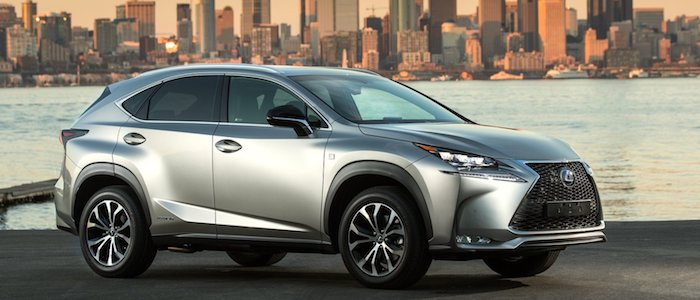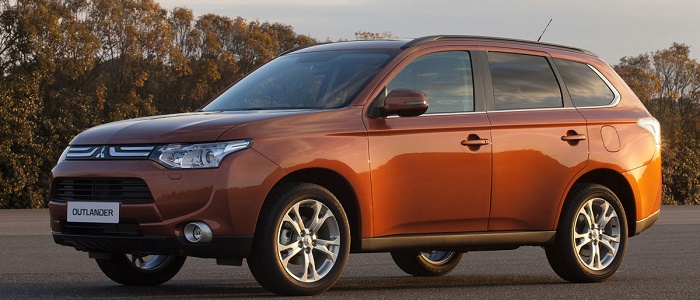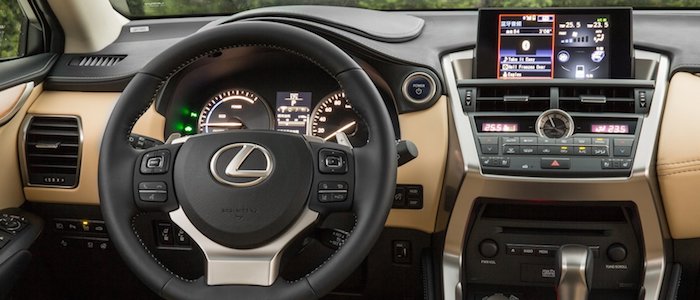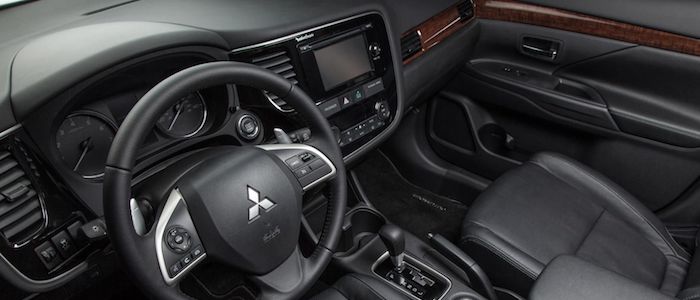Compare two cars
Compare any two cars and get our Virtual Adviser™ opinion
Dimensons & Outlines
Check vehicle history
Engine
2.0 MIVEC 4B11 Hybrid
Performance (manual gearbox)
Performance (automatic gearbox)
Expenses
Virtual Adviser's™ opinion
Two significantly similar cars, no doubt about that. Still, each one has something different to offer. Having both cars powered by hybrid engines and utilizing the 5-door suv body style within the same 'SUV' segment, the only major difference here really is their wheel drive configuration (front for the Lexus and 4 x 4 in the case of the Mitsubishi). The first one has a Toyota-engineered powertrain under the hood, a 4-cylinder, 16-valves 197hp unit, while the other one gets its power and torque from a 4-cylinder, 16-valves 203hp engine designed by Mitsubishi.
SafetyThe first thing to look into here would be the results from European New Car Assessment Programme (Euro NCAP) tests performed on the two cars. Good thing is that both vehicles got tested, with the same number of safety stars gained in the process. That aside, let's consider some other aspects which affect safety. Both vehicles belong to the suv segment, which is generally a very good thing safety-wise, but that fact doesn't break the tie between the two cars. On the other hand, taking kerb weight as an important factor into account, Outlander offers a marginal difference of 1% more metal.
ReliabilityReliability is not the best thing to consider on the make level, but it is worth mentioning that Lexus does have a slight advantage, at least on all of the models level. These are the results of an independent reasearch, while our visitors describe reliability of Lexus with an average rating of 4.9, and models under the Mitsubishi badge with 4.6 out of 5. Unfortunatelly, I don't have enough insight that would allow me to comment in more details on the specific models level. Above it all, drivers of cars with the same engine as Lexus NX rank it on average as 5.0, while the one under the competitor's bonnet gets 3.0 out of 5.
Performance & Fuel economyLexus is undoubtly more agile, reaching 100km/h in 1.8 seconds less than its competitor. In addition to that it accelerates all the way to 180 kilometers per hour, 10km/h more than the other car. When it comes to fuel economy an obvious choice would be Outlander, averaging around 1.9 liters of fuel per 100 kilometers (149 mpg), in combined cycle. That's 168% difference compared to Lexus NX!
Verdict
Lexus is apparently more reliable, not too much, but just enough. The most important thing when deciding between any two vehicles should always be safety, both passive and active. In my opinion, everything taken into account, Outlander offers slightly better overall protection and takes the lead. From there things take a different direction, with Lexus outracing its opponent in any situation possible, making it better choice for boy racers. It does come at a cost though, and that's the fuel consumption... It's really tough to make a final decision here, but if I'd need to, I'd say Mitsubishi. In any case that's my personal view, built upon all the data available to me. What should decide here though is the way you feel about the two vehicles, and I hope you'll find my guidelines useful in the process. I suggest you spend two more minutes in order to find out which car, based on your needs and budget, would be picked by the virtual adviser™, among thousands of similar, yet so different vehicles.

































